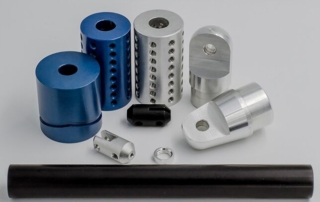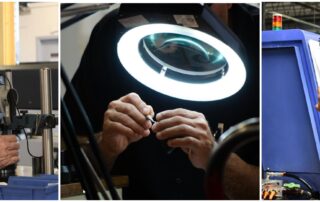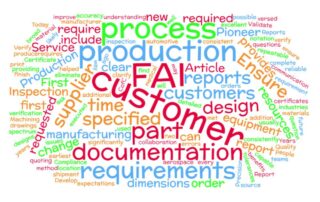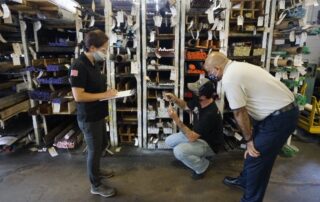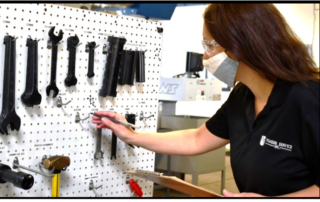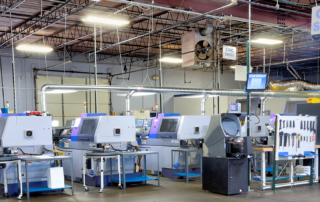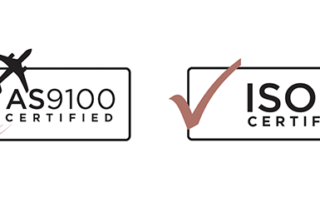Anodizing Precision Machined Components
Anodizing is one of the most common finishing options for nonferrous precision machined components. The electrochemical oxidation process can improve the quality and look of precision CNC machined components. Many industries also choose anodized finishes because it's an effective and relatively inexpensive finishing option. Learn more about this [...]



